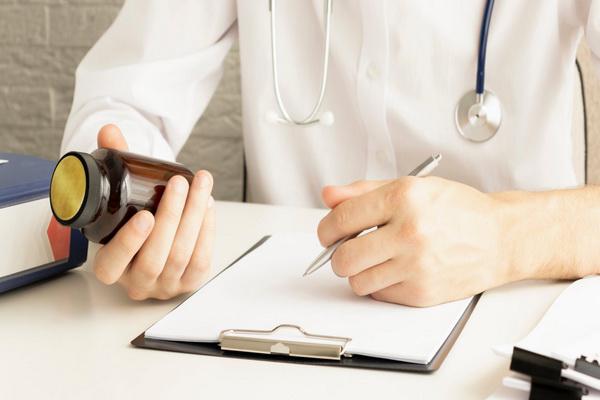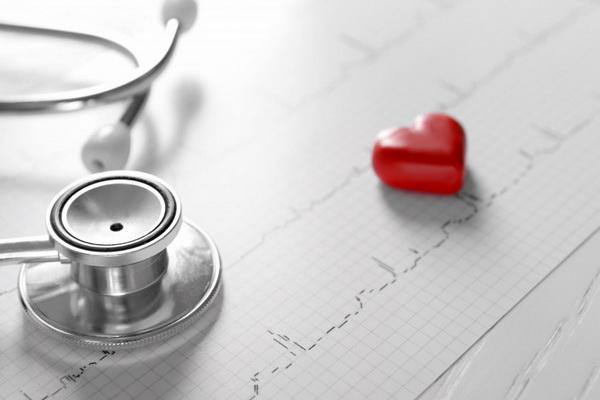A visit to a cardiologist during this stressful period can be equated with a lucky lottery ticket for everyone. Finally, after visiting the doctor’s office, you will want to make good use of the short consultation time. And what questions need to be asked in order for the visit to be successful and effective?
Doctors say that preventive measures are especially effective in cases of cardiovascular disease. So here are the 6 most important questions to ask a cardiologist about your health, potential risks, and the necessary aids.
Ask a cardiologist question 1: In particular, in my case, what is the risk of cardiovascular disease in the future?
Why you should ask this: Understanding and knowing your risk of heart disease, stroke, and aneurysm in the future is probably the most important thing. For example, patients with low blood cholesterol, diabetes, and family members with heart disease should in all cases receive very different care and treatment than those who do not.
To calculate your 10-year heart disease risk specifically, doctors always use risk calculators. They are individualized and can calculate the risk of death from cardiovascular disease over a ten-year period, as well as your individual risk. However, you can also keep track of certain data that you might share with your cardiologist at your next visit, such as periodic blood pressure measurements.
Ask a cardiologist question 2: What symptoms can indicate deterioration of blood circulation and heart condition?
Why you should ask: There are many symptoms behind the term “cardiovascular disease”. For example, people who suffer from poor heart valve function will experience very different symptoms and a different worsening of their heart condition than people who, for example, have heart rhythm problems. You might think you know the symptoms of a heart condition, such as chest pain, a sign of an impending heart attack, but doctors find that a large percentage of women, and even some men, never experience these symptoms. Instead, they experience shortness of breath, sweating, nausea, and discomfort in the neck, even jaw, shoulder or back. This is why it is so important that your doctor evaluates and names all the warning signs that are most important to you to help assess your health.
Ask a cardiologist question 3: new treatments and procedures have emerged – are they worth trying?
Why you should ask: agree – patients do not want to see a doctor who knows nothing about new methods. Each new technique must be researched and approved, and the physician must be familiar with it. Last but not least, the physician must always be open to innovation and strive for improvement, because every patient deserves to know about the latest and most advanced treatments and procedures.
The best doctors are not the ones who try new things all the time, but they are not the last to try medical innovations. It is important to find that “golden mean” – a doctor who knows about new procedures and methods of treatment, but adapts and recommends those that are really worth trying in your case.

Ask a cardiologist, question 4: why are you giving me this medicine?
Why you should ask: Only doctors, not your friends or a search engine, can best explain what the properties of a particular drug are and who really needs it. This problem is so common that patients often decide to take or not take their prescribed medications based on the information they read on the Internet. Therefore, be always honest with your doctor if you have any doubts, because only by knowing your thoughts will your doctor be able to explain why you need the medication, how it will help you, and what the possible side effects are.
Ask a cardiologist question 5: Will any changes in my lifestyle affect my condition?
Why you should ask: Heart disease is closely related to any lifestyle change – diet, exercise, stress, sleep quality – and can significantly affect your well-being. For example, a Mediterranean diet based on vegetables, fruits and healthy fats, as well as avoiding sugar and saturated fats, significantly reduces many risk factors for heart disease. Some doctors themselves consider the most important aspects of their patients’ lifestyles, while others are more likely to refer patients to talk to nutritionists, physical therapists, and other specialists in their field. However, always inform your doctor about certain changes in your life and well-being, this is very important.
Ask a cardiologist question 6: What preventive measures can I take to make me feel better without medication?
Why you should ask: Exercise, healthy eating, proper rest, and stress avoidance are essential for healthy heart and clean blood vessels. But even all this does not provide healthy circulation and well-being. If you notice that your blood pressure and cholesterol levels rise over time, pay attention to your diet and supplement it with substances that are good for blood circulation. Help is primarily sought among plant-based materials. Modern medicine has already recognized effective natural substances for the prevention of cardiovascular diseases. For example, Natto is a traditional Japanese breakfast dish. The discovered enzyme natokinase helps to improve blood circulation throughout the body, inhibits the formation of blood clots, reduces inflammation inside the vessels, and slightly lowers blood pressure.
Meanwhile, another anti-inflammatory substance extracted from olives, hydroxytyrosol, is considered one of the strongest antioxidants. Another exceptional herb, Arjuna, is also known for its ability to support normal cardiovascular function. For those who fight high cholesterol, it is very beneficial to control it in a complex way, for example, with the enzyme natatinase, red yeast, fermented rice extract, vitamin Q10, laurel extract.
To prevent heart disease behind the eyes, start with a simple conversation with your doctor. The most important thing is to monitor the signals your body is sending and take care of yourself.








